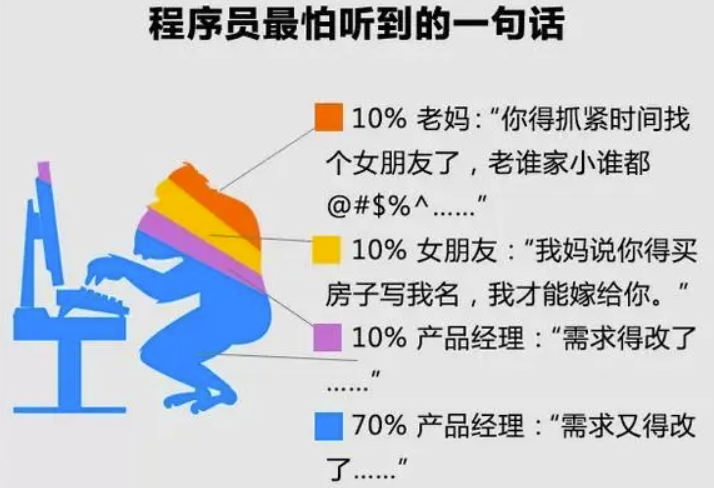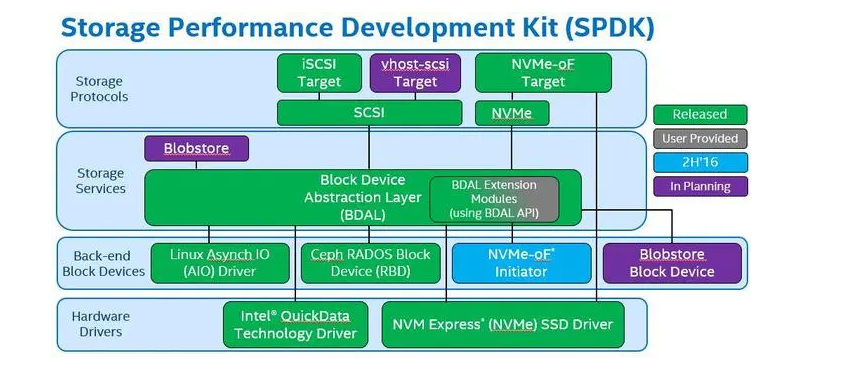DNS Security Extensions (DNSSEC) is a set of security protocols used to secure the DNS infrastructure. It was developed to address security issues related to DNS, such as cache poisoning attacks, which can lead to fraudulent activities and malware infections.
DNSSEC adds digital signatures to DNS data so that users can verify that the information they receive from the DNS resolver is authentic and has not been tampered with. This prevents attackers from redirecting users to fake websites or hijacking their traffic.
DNSSEC uses a hierarchical trust model similar to SSL/TLS, where a chain of trust is established between the root zone and the domain name being queried. The root zone signs its own public key using a private key held by the Root Zone Key Signing Key (KSK), which is distributed through trusted channels. Domain owners sign their records using their own private keys, which are then verified by resolvers using their public keys.
While DNSSEC provides strong security for domain name resolution, it requires significant effort and investment in terms of implementation and maintenance. It also requires widespread adoption by ISPs and other service providers in order for its benefits to be fully realized.





















